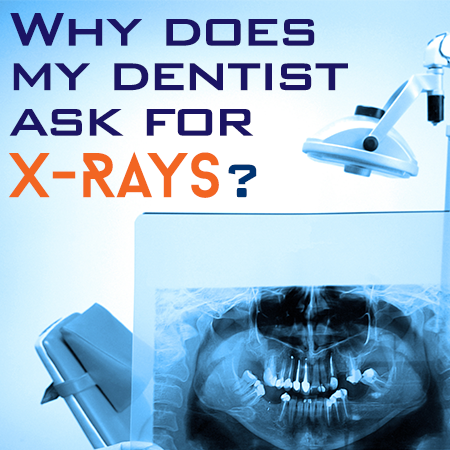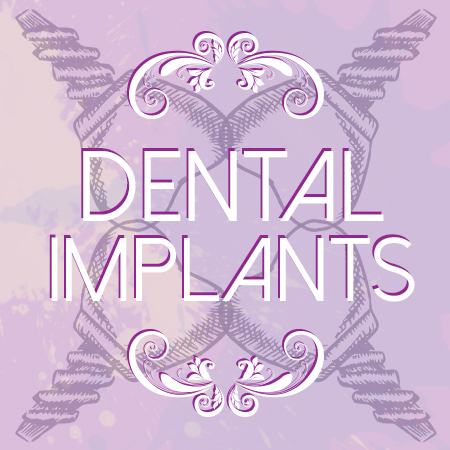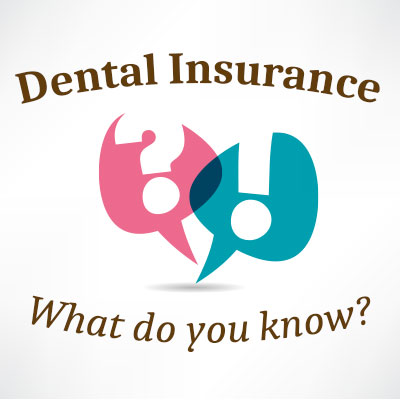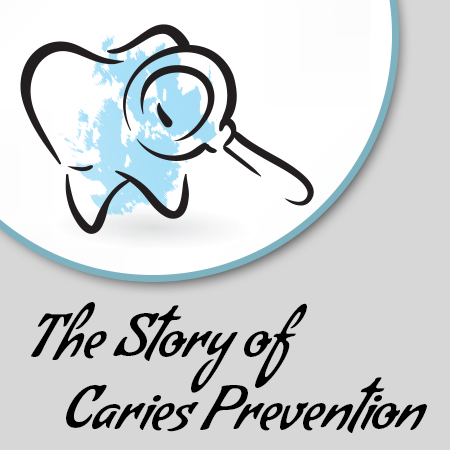Sleep Apnea in Children
 You may think being exhausted simply comes with the territory of being a parent (and it does), but there may also be a serious medical condition causing your child to wake up often throughout the night – sleep apnea. Sleep apnea is most commonly found in adults, but can also, in rare cases affect children. Dr. David Case, dentist at Family Dental Health in Portland cares about treating your little ones. Read below to learn more about how dentists can diagnose and treat sleep apnea.
You may think being exhausted simply comes with the territory of being a parent (and it does), but there may also be a serious medical condition causing your child to wake up often throughout the night – sleep apnea. Sleep apnea is most commonly found in adults, but can also, in rare cases affect children. Dr. David Case, dentist at Family Dental Health in Portland cares about treating your little ones. Read below to learn more about how dentists can diagnose and treat sleep apnea.
Sleep Apnea & Its Effects
Sleep apnea occurs when breathing becomes shallow or pauses completely while you’re asleep. It can be caused by your tongue or tonsils being too large and blocking your airway, the collapse of soft tissues in the back of the throat, or by your brain not sending the proper signals to keep breathing while you sleep.
Sleep apnea causes a lot of problems for children, the most obvious being restless sleep. Other problems can include failure to thrive, slower developmental milestones, excessive sleepiness in daytime, and attention or behavioral problems – all due to a lack of quality sleep. Sleep apnea is most common in children between two and eight years old.
About 2-4% of children have sleep apnea, but it is harder to diagnose in children than in adults. One major difference between sleep apnea in children and adults is that children with sleep apnea, unlike adults, often are not overweight. Since children spend half of their time asleep (a parent can dream), healthy sleep is hugely important for their health and development.
Physical Signs of Sleep Apnea:
- Loud, frequent snoring
- Frequent night waking
- Mouth breathing
- Enlarged tonsils
- Excessive sweating at night
- Headache in the morning
Dentistry for Sleep Apnea
Among all primary care doctors, dentists are the most likely to see clues your child might have sleep apnea. A dentist is a trained professional who spends a lot of time looking at your mouth. And by looking in your mouth, they can tell a lot about your overall health and how your body is functioning. Routine dental visits play an important role in preventing many health problems.
By the looks of your child’s mouth, gums, teeth, and throat, a dentist can easily tell if your child might have sleep apnea. Children with teeth, even as young as one-year-old, should regularly visit the dentist.
Dentists are experts in helping your entire mouth, face, and neck work together to be as healthy as possible. This goes for everything from good nutrition to good sleep. If your dentist believes your child may have sleep apnea, they will work with other doctors to confirm and treat the diagnosis.
In many cases, your dentist will be able to offer an oral appliance, or mouthpiece, as a non-surgical solution. While weight is rarely an issue for children with sleep apnea, in some cases, weight-loss will be recommended. Treating allergies may also improve your child’s breathing while he/she sleeps. In some serious cases, surgery will be recommended.
If you think your child may have sleep apnea, or if you’d like to learn more about caring for your child’s dental and oral health, call your Portland dentist, Dr. David Case today to make an appointment at Family Dental Health.
Sources
- http://www.dentaleconomics.com/articles/print/volume-103/issue-6/features/childhood-sleep-apnea.html
- http://www.ncbi.nlm.nih.gov/pmc/articles/PMC3304178/
- http://www.nhlbi.nih.gov/health/health-topics/topics/sleepapnea
- http://pediatrics.about.com/cs/sleep/a/sleep_apnea.htm
- https://www.fpwr.org/is-a-sleep-study-on-your-to-do-list/


 The technology of dental medicine is advancing by the minute. There are now sophisticated techniques for diagnosing and tracking oral cancer, correcting crooked teeth in less than a year,
The technology of dental medicine is advancing by the minute. There are now sophisticated techniques for diagnosing and tracking oral cancer, correcting crooked teeth in less than a year,  Well, if you’re reading this you have already made it through teething, but the same cannot be said for a newborn. We at
Well, if you’re reading this you have already made it through teething, but the same cannot be said for a newborn. We at  Most Portland residents will lose a tooth at some point in their lives, but that doesn’t mean your smile has to suffer. There are numerous ways to fix a lost tooth, but today,
Most Portland residents will lose a tooth at some point in their lives, but that doesn’t mean your smile has to suffer. There are numerous ways to fix a lost tooth, but today,  We at Family Dental Health understand that dental insurance can be a tricky thing to navigate. Evaluating dental plans and considering deductibles, benefits, which treatments are covered, and the mountain of other information insurance companies provide can be a headache in and of itself.
We at Family Dental Health understand that dental insurance can be a tricky thing to navigate. Evaluating dental plans and considering deductibles, benefits, which treatments are covered, and the mountain of other information insurance companies provide can be a headache in and of itself.  If we told you that your mouth is the site of a constant battle between teeth and bacteria, would you believe us? Alright, maybe it’s not that dramatic, but the fact that Portland teeth are always at risk of developing dental caries is no exaggeration. In case you’ve never heard about caries,
If we told you that your mouth is the site of a constant battle between teeth and bacteria, would you believe us? Alright, maybe it’s not that dramatic, but the fact that Portland teeth are always at risk of developing dental caries is no exaggeration. In case you’ve never heard about caries,